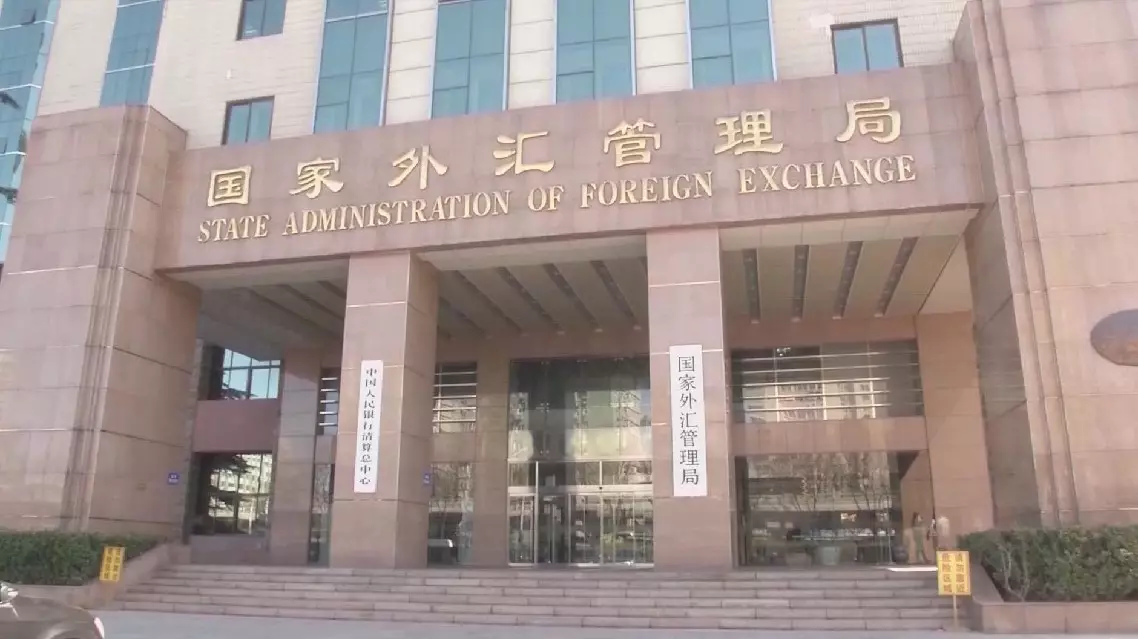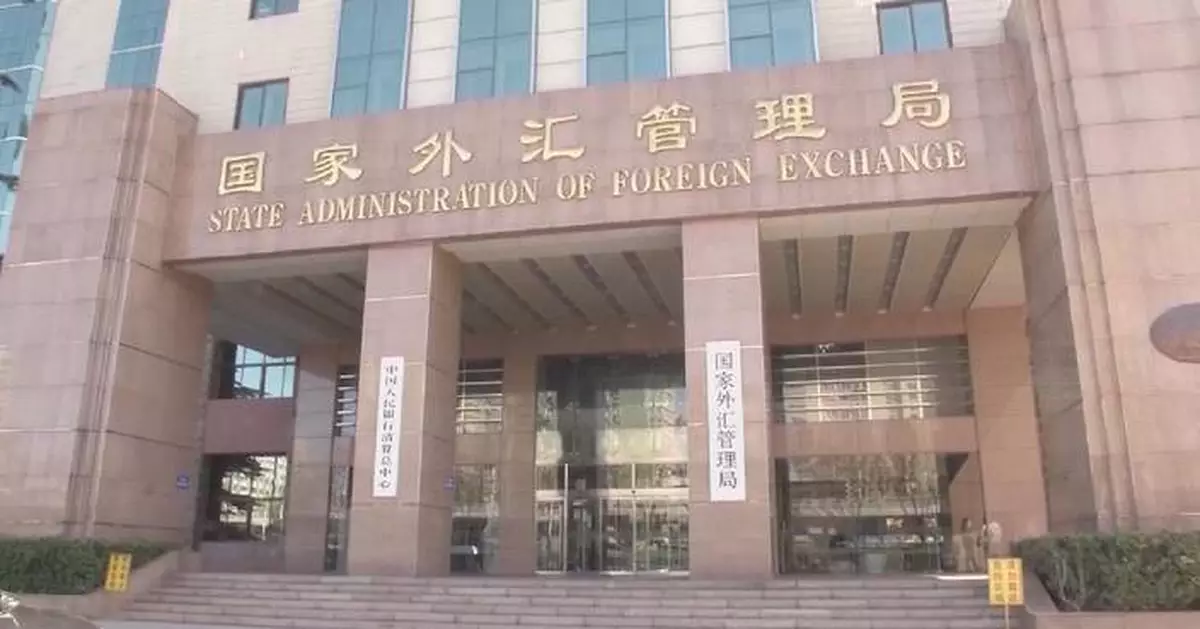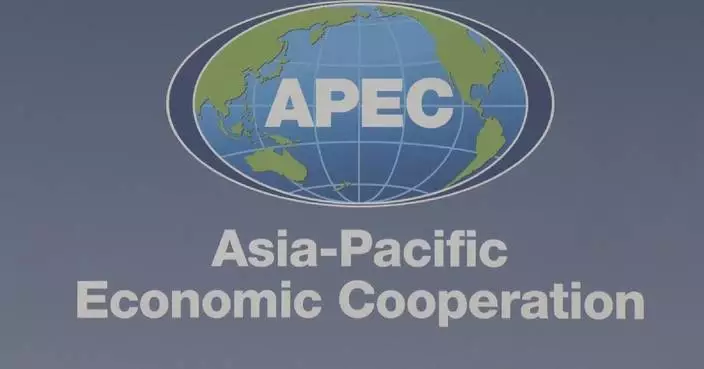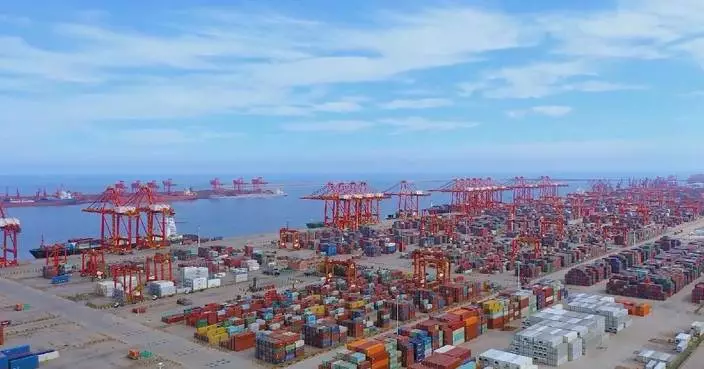China's foreign exchange reserves have remained above 3.2 trillion U.S. dollars for more than nine consecutive months, official data showed on Saturday.
The amount totaled 3.2882 trillion U.S. dollars at the end of August, an increase of 31.8 billion U.S. dollars, or 0.98 percent compared to the end of July, the State Administration of Foreign Exchange (SAFE) said.
Due to factors such as macroeconomic data, monetary policies and expectations in major economies, the U.S. dollar index declined while global financial asset prices generally increased in August, experts say.
"China's export structure continues to improve, the proportion of general trade has steadily increased, the competitiveness of 'new trio' and other products has gradually strengthened, the policy dividends of free trade zones have continued to be released, new foreign trade formats such as cross-border e-commerce and offshore trade have continued to emerge, and economic and trade cooperation with countries participating in the Belt and Road Initiative is increasingly deepening," said Wen Bin, the chief economist of the China Minsheng Bank.
China's economic operation is generally stable and has made steady progress, which will help sustain the stability of the country's foreign exchange reserves.
"At the same time, as China's high-level financial opening up steadily expands, foreign institutional investors continue to be optimistic about China's capital market, and the amount of Chinese bonds they hold has reached a record high, which also provides support for the stability of our scale of foreign exchange reserves," Wen said.

China's forex reserves remain above 3.2 trillion US dollars
The new China-Mongolia cross-border railway is expected to serve as a new bridge for boosting connectivity between the two countries, Chinese Foreign Ministry spokesman Lin Jian said in Beijing on Thursday.
China and Mongolia held a groundbreaking ceremony on Wednesday to mark the official launch of construction on the Gantsmod–Gashuunsukhait rail project, which will be the second cross-border rail link between the two countries.
Lin said at a regular press briefing that the railway would inject new momentum into the development of China-Mongolia bilateral relations.
"On May 14, China and Mongolia held a ceremony to mark the official groundbreaking of the Gantsmod-Gashuunsukhait cross-border railway, which is the second cross-border railway between the two countries. Expanding cooperation in key areas such as economy and trade, energy, mining and connectivity is an important common understanding between President Xi Jinping and Mongolian President Ukhnaa Khurelsukh. In February this year, Premier Li Qiang and Mongolian Prime Minister Luvsannamsrai Oyun-Erdene jointly witnessed the exhibiting of the cooperation agreement on the Gantsmod-Gashuunsukhait railway and coal trade," said Lin.
"The construction of this cross-border railway is not only a concrete step of implementing the important common understanding between the presidents of the two countries, but also an important action to synergize the Belt and Road Initiative and Mongolia's Steppe Road Program. We hope this railway will serve as a new bridge for China-Mongolia connectivity, fostering deeper development integration, promoting industrial synergy, and expanding visits and exchanges, thereby injecting new impetus in to the building of a China-Mongolia community with a shared future," he said.

New cross-border railway to enhance connectivity between China, Mongolia: FM spokesman






















































